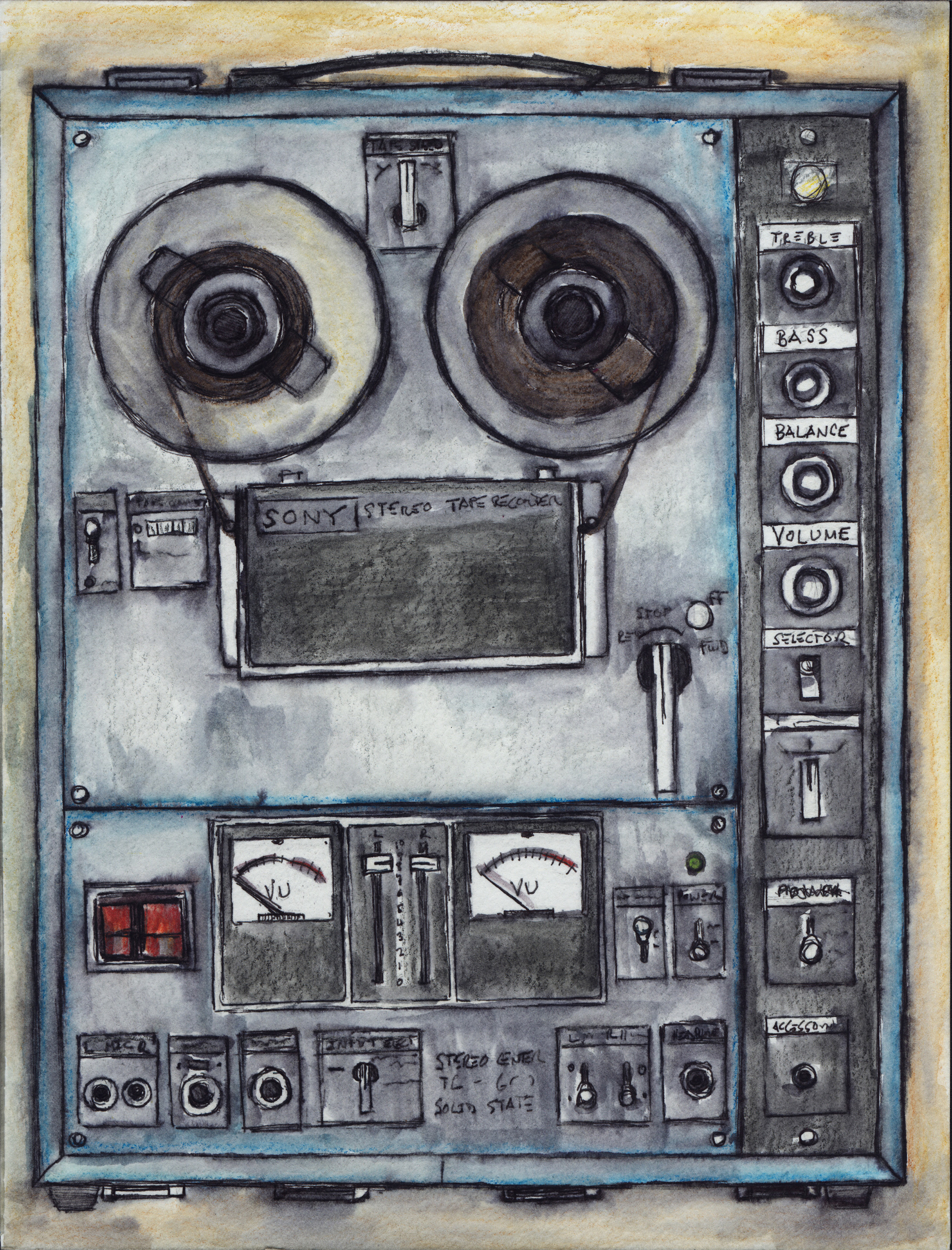Here's the very short version: Drum Leveler is a brilliant plug-in. If the name "Drum Leveler" sounds useful to you, you can stop reading and go download the trial.
By definition, I suppose Drum Leveler is a compressor/ expander/gate, but in use, it doesn't act or sound like one. Drum Leveler is designed with one purpose: to transparently even out the levels of individual drum hits. So unlike traditional compressors, it analyzes incoming audio to find each drum hit, then applies gain to push the hit towards a target output level. Have you ever sliced apart drum tracks in your DAW so you could use clip-gain to change the volume of inaudibly quiet hits or crazy-loud "I got excited" snares? This plug-in basically does that for you.
The big, clean UI is easy to learn without a manual. A moving waveform highlights each drum hit, colorized to indicate that upward or downward gain is being applied. Controls overlaid on the waveform set the target output level and a minimum threshold, which means "leave everything alone below this level" — perfect for ghost notes or hits that are so quiet they would sound bad if gain-adjusted. (There's also a maximum threshold to allow very loud hits to get through untouched; I haven't found this useful and leave it at 0 dB.) A Compression knob controls how far each hit's level is pushed toward the target. I like 50–80% for most applications. Most of the remaining controls further tweak detection; these will look familiar to anyone who has spent time with drum trigger plug-ins.
There are no attack and release controls (although there is a knob for Recovery); and within reason, drum sounds don't change in "shape" or envelope, as they would with a compressor. Therefore, if you want the sound of an 1176 on snare, for example, use it in addition to Drum Leveler. A nice side-effect of compressing after application of Drum Leveler is that the compressor's detector will work more consistently, since its incoming transient levels are... level.
One last feature worth mentioning is the gate. The analysis-based engine means that Drum Leveler doesn't work or sound anything like traditional noise gates. The Gate Range knob is powerful and almost seems like a magic bleed-remover. That said, a little goes a long way; the output of the gate can quickly get too artifact-ridden for my liking.
And a quick editorial aside: I'm sure some folks reading this are saying to themselves, "Why would anyone want to level out drums? Dynamics are music!" First: Great. Take a stand with your own productions. Don't use plug-ins like this if you don't want to. Second: Sample replacement/reinforcement is everywhere, and this is a solid alternative. I do take a stand against drum samples in my productions; I dislike and avoid them whenever possible. But in a dense mix, it's wild how things can gel when the drum hits are consistent. With some drum performances, Drum Leveler helps get me there while still retaining the sonic character of the drums and player — without using tons of compression or tedious automation.
Speaking of automation, Drum Leveler automates well, and I recommend taking advantage of that. For instance, snare rolls will never sound good through this kind of processing, so if I have Drum Leveler on a snare track, I'll automate bypassing of these sections. You might also try duplicating a track to process certain sections differently. For instance, on a thrash-metal kick drum, put all of the double-kick sections on their own track, then apply Drum Leveler on that track more aggressively and with different hold/recovery settings.
Drum Leveler is a great, unique plug-in. Check it out, and remember not to overdo it!




_disp_horizontal_bw.jpg)